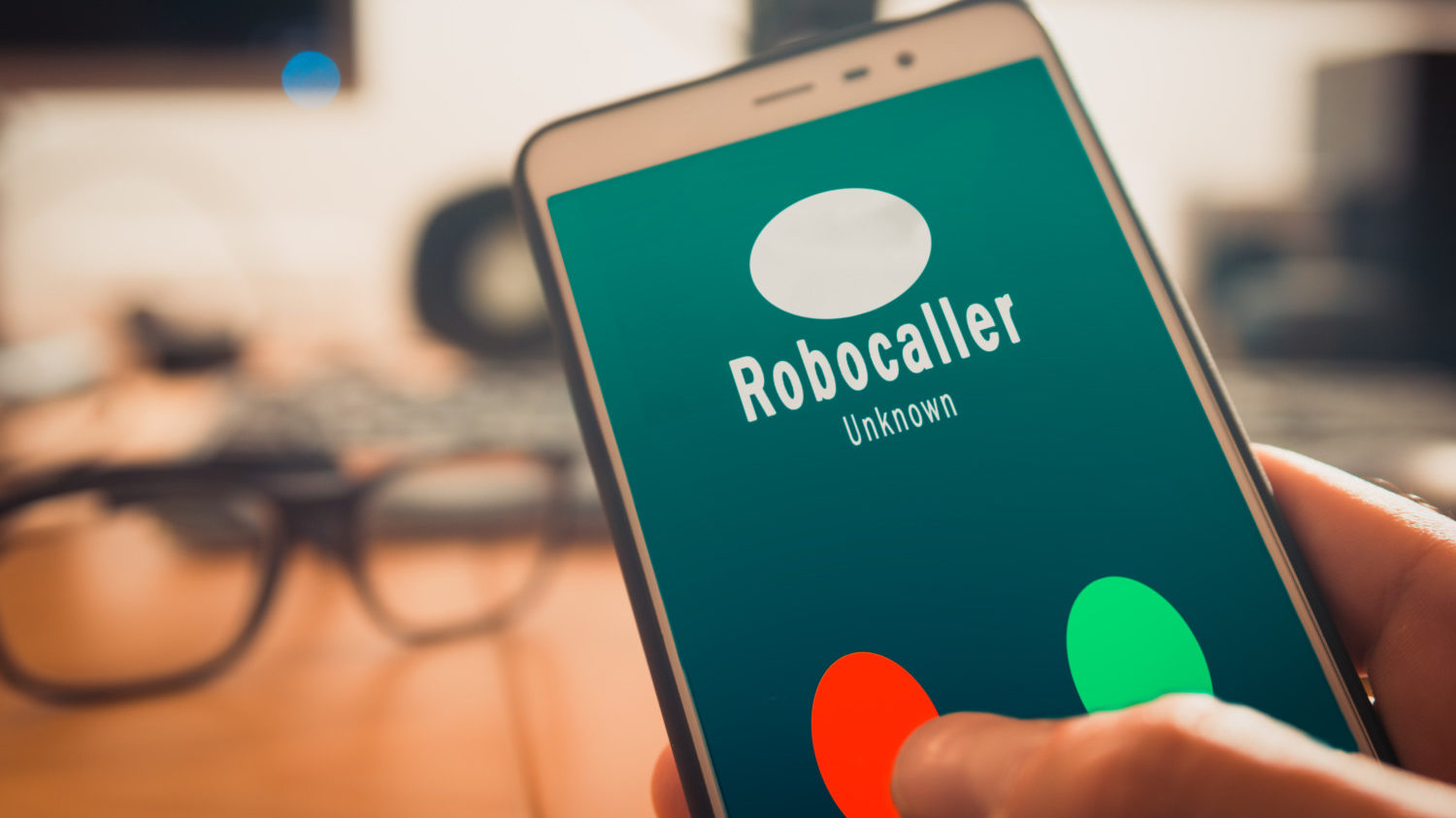New FCC rules are designed to stop robocalls coming from other countries

Robocalls aren’t just annoying; they can be dangerous. As many as 59.49 million Americans report losing $500 on average from phone scams between 2020 and 2021. Technological advancements enable scammers to hide their identities and make countless robocalls easily.
Last year, the U.S. Federal Communications Commission (FCC) made putting a stop to robocallers, spoofers and scammers a top priority. Now, the FCC is enacting even stricter rules. They shared the news in a May 19 Twitter post.
“The FCC just voted to adopted (sic) new rules to stop illegal robocalls that originate overseas from entering American phone networks,” tweeted the FCC.
The FCC just voted to adopted new rules to stop illegal robocalls that originate overseas from entering American phone networks. #FCCLive #OpenMtgFCC
— The FCC (@FCC) May 19, 2022
The FCC explained that the new rules institute compliance requirements on gateway providers, which are smaller companies that move calls from network to network. They’re often used by scammers to disguise calls from other countries entering the U.S. The FCC notes that in 2021, more than 65% of voice service providers transmitting illegal robocalls were foreign-based or gateway providers.
The new rules would make sure gateway providers follow ID authentication protocols and take additional measures to validate the identities of those they’re routing traffic from. Gateway providers are considered a critical choke-point for reducing robocalls.
“In practice, what this means is that we are making gateway providers — the carriers that serve as the domestic entry point for calls from abroad — use Stir/Shaken call authentication technology, register in our Robocall Mitigation Database, and comply with traceback requests from the Federal Communications Commission and law enforcement to help figure out where these junk calls are originating from overseas,” FCC Chairwoman Jessica Rosenworcel said in a statement.
Stir/Shaken is the technology that confirms that originating carriers validate caller ID information before the calls reach consumers. It prevents spoofing, when a caller intentionally falsifies the information transmitted to your caller ID. Many scammers use spoofing to make calls appear to come from a local number, a familiar business or even a government agency to encourage people to answer.
Gateway providers who are found to be in noncompliance with these rules can be removed from the Robocall Mitigation Database and will be subject to mandatory blocking by other network participants.
In addition, Iowa, Florida, Louisiana, Maine, Massachusetts, Mississippi, Nevada, New Hampshire and South Carolina Attorneys General recently signed Robocall Enforcement Memorandums of Understanding with the FCC, bringing the total number of signees to 36 states and the District of Columbia.
“With the majority of states now coordinating with our enforcement team, we are better positioned to help protect consumers from scammers than ever before,” said Rosenworcel. “Enforcement is a vital tool in our fight against illegal robocalls. The states also bring with them their own unique powers like filing for injunctions and even criminal prosecutions. Together we are stronger. Together we will continue our work to protect American consumers.”
As part of its campaign, the FCC has been taking other steps recently to address the problem, like the adoption of Stir/Shaken and the creation of a Robocall Response Team as well as the Robocall Mitigation Database. In fact, investigations in recent years have resulted in unprecedented fines on robocallers. For example, one FCC investigation involving eight state Attorneys General offices resulted in $225 million in fines for health insurance telemarketers that made approximately 1 billion illegally spoofed calls over five months.
If you think you’ve been the victim of a spoofing scam, you can file a complaint with the FCC.







